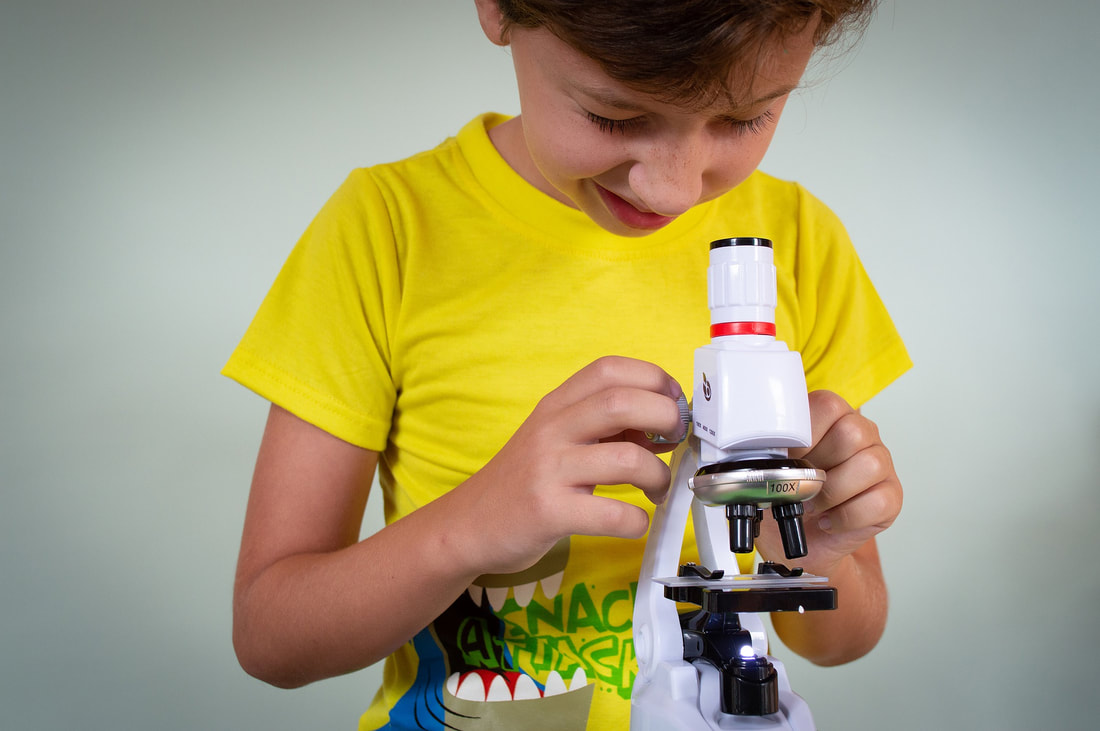|
Failure is a part of everyone's life but your attitude towards it can mean the difference between achieving your goals or not. As Thomas Edison once said I have not failed. I've just found 10,000 ways that won't work." With that in mind, here are a few of my failures and what I learned from them.
Telecommunications: I majored in telecommunications in college thinking I would go into audio or video production. Nearing the end of my course work I realized that the program I had chosen was ill preparing me for that area in telecommunications, the degree being much more theory-based than practical. The ultimate realization of this came when I interviewed with the C.I.A. and was asked what I knew about satellites. I had to reply, in all honesty, that I knew next to nothing about satellites. So much for a career in intelligence! Lesson Learned: Nothing you learn is truly wasted. today I teach primarily online and use telecommunications technology every day. I record podcasts, videos, musical compositions, and use web 2.0 extensively. It's a good thing I maintained an interest in the field! Ph.D. in Philosophy: Having failed to land a job in intelligence, I resolved to use my intelligence and my minor in philosophy to pursue graduate work. I was accepted into the Ph.D. program in philosophy at the University of Kentucky and was set to become an academic. Several Ph.D. qualifying exams later (one of which I failed twice) and my career as a college professor looked to be in jeopardy. Failing these exams meant an end to funding and without that, there was no way to continue in the program. Lesson Learned: Sometimes you can learn something and still fail the exam. My method for studying for the qualifying exams was to read philosophy books. This was a great way to learn philosophy but a poor way to prepare for exams. I believe my knowledge of philosophy is now more extensive as a result of all that reading but at the time it cost me a degree and it seemed a career. Picway: In need of a job and out of options for funding an academic career I availed myself of the career services at the university, went on several interviews, and finally landed a management position at a retail chain called Picway. I was to go into training in a store (selling shoes) for a year and then move on to upper management. My time there was well spent only because I had a lot of free time to read books. I did not take to selling, selling shoes, or managing a retail store. Lesson Learned: Go with your passion. I needed to be in academia. It took a year in exile to fully realize that. My time was spent in retail but my mind was occupied with philosophy. This was what I was passionate about and I needed to pursue it no matter what. I moved back home, enrolled in a Master of Arts program in philosophy at the University of Louisville, and earned my MA in Philosophy. Sometimes you do get a second chance. I was back in academia! Waiting for the Slipstream: Having secured part-time teaching positions at several local colleges I turned to my other passion which was (and still is) making music. I recorded my first CD titled Waiting for the Slipstream, released it, and waited for it to take off. It did not. It barely sold 300 copies. A subsequent release of a CD of Christmas carols fared a little better but I wouldn't be quitting my day job on the royalties. Lesson Learned: Persistence is a necessary key to success but is not sufficient to guarantee success "If you build it, they will come" does not always work. It is very difficult to get people excited enough about your music to become evangelists and help spread the word. I still don't know what the secret is to writing and recording music people will love and share but I'll keep at it nonetheless. The 11-11-11 Project: This was an idea I had for a music project which would connect music with the cause of world peace. The 11-11-11 Project was intended to emphasize the connection between the 11-11 date (Veteran's and the end of World War I) and pursuing world peace. It seemed that using music would be a good way to engage people in this cause. It seemed that providing a unique point in time would be a good way to mobilize interest. It seemed that asking musicians to contribute recordings to a compilation CD would be a good way to encourage participation and spread the word. All of these turned out to be wrong. Lesson Learned: To be honest I'm not sure what lessons I've learned from this failure and that seems like a problem since it virtually guarantees more failures of a similar kind. I do know that good ideas alone mean very little and it is extremely difficult to get people's attention. Part of this is due to there being so many demands on that attention. But, limited attention and competition aside it is more than a little difficult to mobilize people. I don't know if this is a function of the quality of the ideas or the quality of the marketing behind them. There are other projects I am working on which may be subject to the same epic failure as these due in part to the difficulty I seem to have in learning from prior failures. I do know I will continue to work on ideas that interest me and I will continue to share them and propagate them as best I can on the web. The optimist in me still believes this will yield results in the long run. Any thoughts you'd like to share? I welcome your comments and insights!
0 Comments
When she was younger, my daughter loved Sid the Science Kid. At that age, she mainly loved the songs that Sid and his friends sang, but at my age what I liked about Sid and his friends was their love of learning. He provides some useful insights into the philosophical and scientific search for evidence.
In every show, Sid reminds the viewer to "keep asking lots of questions." This is an important message to send, not only to the kids watching the show but also to the parents (who are hopefully watching it with their kids as opposed to simply using the TV as a babysitter). Unfortunately, many adults reach a point where they stop asking questions, or worse they have been taught that there are certain areas of life where they are never supposed to ask questions at all. I fear that they are also teaching this to their children to the detriment of their learning and curiosity not to mention to the detriment of society. We need questioning kids to grow into continuously questioning adults! In the "super fab lab" Sid and his friends "observe, investigate, compare, and contrast." More useful skills not only in philosophy and science but in everyday life. I am always struck by the ease with which students in my philosophy courses can draw conclusions before carrying out these four important steps. Maybe I need to assign some Sid videos for them to watch! Another positive aspect of Sid's schooling experience is that once a new idea is discussed in the classroom, the teacher encourages the students to "go play with all your new ideas." This is an important part of the educational process and one that is sorely missing in primary, secondary, and post-secondary education. We need to be encouraging students to bring a sense of play to their learning and encourage them to see new ideas and concepts as new tools to be used and integrated into their own life. So, what can be learned from Sid the Science kid that is useful? 1. Keep asking questions. 2. Observe to confirm or disconfirm theories. 3. Play with new ideas. I’ve enjoyed cooking ever since my sister showed me how to make gumbo. And my daughter loves to help me in the kitchen. As with most of our activities, the primary focus of our cooking together is the enjoyment of being together and the fun of making a tasty dinner. But, there is educational material to be found in the kitchen just like anywhere else.
Of course, cooking is a great entry to chemistry and mathematics and while we’ve explored those connections we’ll probably do more with them when she gets a little older. Right now, we enjoy connecting cooking with geography. Our living room/dining room/kitchen is one open area so we have easy access to our globe and wall map of the world right next to our bookshelf of cookbooks. One of my favorite cookbooks is 500 Curries. In addition to the excellent recipes, it also provides us with an opportunity to connect what we eat with where it came from. Just the other day we cooked Cambodian Chicken Curry. So, as we’re preparing the meal, we can run over to the globe and find Cambodia. When we cook Thai food we can find Thailand on the globe. I suspect these are fairly obvious connections but I continue to be struck by several things regarding young children and their learning.
|
KEVIN J. BROWNEPhilosopher / Educator These blog posts contain links to products on Amazon.com. As an Amazon Associate I earn from qualifying purchases.
Categories
All
Archives
April 2023
|






 RSS Feed
RSS Feed
















